Freelancer SEO Copywriter — that’s what I said when someone asked me, “What do you do for a living?” Today, I’ll share my experience as a freelancer to help you begin this career and start with the knowledge I worked so hard to acquire.
Freelancing can be a life-changing career path, allowing you to embrace flexibility, independence, and the chance to do what you truly enjoy on your terms.
In this guide, I’ll share my experience and dive into all aspects of freelance work, from defining what freelancing is to how to get started, earn a living, and navigate the freelancing world effectively.

Freelancer: Ultimate Guide to Launching Your Career in 2025
What Is Freelance Work?
Freelance work involves offering services on a project or contract basis, where you’re not a permanent employee of any company.
This setup may intimidate some because there’s no “solid ground” like a steady paycheck or benefits package. But for many, including myself, it’s a dream come true.

The best part of being a freelancer
As a full-time freelancer, I relish the freedom to choose projects and clients that align with my values and skills.
It’s incredibly rewarding to set my own schedule and be intentional about my work. Freelancing isn’t without challenges, though. Uncertainty about income, chasing payments, or juggling multiple clients can be stressful, especially for the very beginner.
However, every project is a learning experience. I’ve developed skills I never would have encountered in a traditional job. Of course, you can learn a lot within a company, but not as much as you do when working on diverse projects each year.
Today, I have experience in Digital Marketing, Traveling, Advocacy, Psychology, Books, Language Learning, Pets, Games, Cooking, Films, Sports, and Technology. This variety of subjects is fascinating because it allows me to apply what I learn in one area to another.
Each new challenge hones my abilities, boosts my confidence, and opens doors to future opportunities. I constantly worry about becoming stagnant—it’s a challenge, but it always comes with its rewards.
Freelancing empowers you to grow professionally and personally, making it one of the most fulfilling career paths for self-starters and independent thinkers.
How to Work as a Freelancer

Freelancing is more than just finding clients and doing the work; it’s a lifestyle. Here’s how you can start:
Think About the Services You Will Offer
Before diving in, figure out what you’re good at and how you can package those skills into services. Are you a writer, designer, coder, or social media expert? In my opinion, the best freelancers are those who focus only on one range of services.
For me, it was a no-brainer because I write poetry and have loved creating stories since I was 8 years old, so writing was the obvious choice. Over time, I discovered that my writing and SEO skills align well with market demands.
The concept of ikigai (生き甲斐) played a significant role in this decision. Ikigai means “reason for being” and involves finding the intersection between what you love, what you’re good at, what the world needs, and what you can be paid for.
- Start by researching the most common services offered by freelancers. If a service is common, it’s because there’s demand for it—I’ll highlight the most popular ones later in this article.
- Make a list of services you can offer as a freelancer that aligns with market needs.
- Aim to find a service you enjoy doing (at least most of the time), are skilled at, or want to improve in, and that has a clear demand.
Start With Free Services
When starting out, offering free services in exchange for testimonials can be a great strategy. For example, I worked for a stock website for free for about three months.
After that, I began charging rates slightly below the market average and gradually increased my prices as I gained more knowledge and experience.
You can follow a similar approach—working with a few clients at no charge to gain valuable experience and build a portfolio.
In return, ask for honest reviews and create case studies based on the results. These will showcase your skills to future clients.
Once you’ve built a strong foundation, craft a compelling sales pitch and start producing content that highlights your expertise. Whether it’s blog posts, LinkedIn articles, or YouTube videos, consistently sharing your knowledge will help you attract clients.
Build Your Portfolio and Case Studies
Your portfolio is your calling card. Include samples of your work, testimonials, and case studies that highlight the value you bring to clients.
This becomes a vital tool in convincing potential clients of your capabilities. Make sure your portfolio reflects the type of work you want to attract.
I’ve found that having detailed case studies—where I outlined the problem, solution, and results—immediately sets you apart from competitors. It’s proof of your impact and a way to build trust with potential clients.
In the beginning, it’s challenging to achieve great results because you’re still learning, but this is actually an opportunity to identify gaps in your knowledge. As you gain more experience in the “battlefield,” you’ll start seeing better outcomes.
At first, your portfolio can consist of samples of your work. However, keep in mind that it’s important to deliver tangible results as soon as possible to build credibility and attract more clients.
What Is the Salary of a Freelancer?

Freelancing income can vary widely depending on your skills, experience, and industry. According to ZipRecruiter, as of November 2024, freelancers in the United States earn an average of $47.71 per hour.
While top earners can make up to $132.21 an hour, beginners might start at around $14.90. What does this range tell us? It underscores the growth potential of freelancing.
Through skill development, networking, and consistently delivering excellent results, you can quickly move into higher earning brackets.
I’ve experienced this myself—starting with small projects at modest (at best) pay and gradually securing high-value clients willing to pay premium rates for my expertise. As I always say: the best clients pay more.
However, to attract those clients, you need to offer something of value—guarantees and proven results.
Achieving this means “eating the frog,” or tackling the hard work of building your skills, completing projects, and gaining practical experience. While freelancing doesn’t guarantee a steady income, the potential to scale is enormous.
Whether you’re looking to earn supplemental income part-time or transition into full-time freelancing, it offers financial opportunities that are hard to find in many traditional roles.
Can You Put Freelancer on Your Resume?
In one word: Absolutely! Freelancing is a legitimate work experience that showcases your skills, adaptability, and entrepreneurial spirit.

On your resume, highlight the projects you’ve completed, the clients you’ve worked with, and the results you’ve achieved. When I include freelancing on my resume, I treat it as any other job.
Freelancing also demonstrates to prospective employers (or future clients) that you’re self-motivated, organized, and capable of thriving without constant supervision—traits that are highly valued in today’s job market.
For example, you don’t need to explicitly say you’re flexible; your freelance experience speaks for itself. The variety of projects you’ve worked on tells the story.
Who Can Work as a Freelancer?
Freelancing is for everyone. Whether you’re a student, a stay-at-home parent, or someone looking to change careers, freelancing offers opportunities to earn money and gain experience.

You don’t need a fancy degree or years of experience to start. I began freelancing with just a used laptop. Fun fact: I started as a video editor for one of my friend’s YouTube channels.
All you need is a marketable skill and the willingness to put yourself out there. Platforms like Upwork and 99freelas helped me land my first gigs, and from there, I built a network of clients and referrals.
However, in my opinion, it’s not a good idea to jump in without preparation—you need a plan, just like with any other career. I suggest having 6 to 12 months of an emergency fund before diving fully into freelancing.
You can also start by working weekends, especially in the beginning, when you don’t need the pressure. Don’t rush into the market, hoping for the best without a clear strategy. Slowly but surely, you’ll get there.
How to Start Working From Home
Working from home as a freelancer is straightforward but requires discipline. Set up a dedicated workspace, establish a routine, and communicate your availability clearly to clients.

In the beginning, I remember that my family didn’t quite understand, and they would make a lot of noise. However, over time—and after some discussions—they came to understand.
- Talk to your family or roommates about your work—just because you’re at home doesn’t mean you’re available.
- Establish a routine using tools like Google Calendar, and be sure to include breaks throughout the day. I work for about 90 minutes and then take a 30-minute break. Test different schedules to see what works best for you!
- Keep your workspace cozy and organized—remember, less is more on your desk. For me, it’s just my laptop and tablet.
When I started freelancing, my biggest challenge was separating work from personal life. I’ve since learned to set boundaries, ensuring I stay productive while maintaining a healthy work-life balance.
After all, one of the biggest advantages of freelancing is the ability to create your own routine. So, when the time comes, make sure to stop working—work hard, play hard.
How Many Hours Can a Freelancer Work Per Day?

Freelancing allows you to set your own work hours, but it’s easy to overwork. I’ve had weeks where I worked 10 hours a day and others where I worked only 4. Sometimes, I had to work on weekends, and other times I didn’t start until noon.
The key is understanding your limits and finding a balance that works for you. My advice is to track your productivity and determine how much income you want to generate.
By tracking these key aspects, you can establish a sweet spot for daily and weekly goals and understand how much time you need to invest.
However, it’s not just about productivity—it’s also about organization and clarity. Don’t be too harsh on yourself; you’re not a machine.
How Does a Freelancer Work?

Freelancers typically work remotely, collaborating with clients via email, video calls, or project management tools. Staying organized is crucial. Tools like Trello and Notion help me keep track of tasks and deadlines.
In the beginning, you’ll need to adapt to the way clients work. However, in the long run, it’s essential for you to define:
- How you will deliver
- Where the conversations will take place
- The deadlines
Of course, the client has to agree, but having your own process is crucial for staying organized and productive. It helps set clear expectations and ensures that both you and the client are on the same page throughout the project.
How Does a Freelancer Get Paid?
Freelancers get paid through platforms like PayPal, Wise, or bank transfers. Platforms like Upwork also offer built-in payment systems. Always agree on payment terms upfront to avoid misunderstandings.
How to Work Online?

Working online requires access to the right platforms, the skills to market yourself, and a proactive attitude. Start by creating profiles on freelancing sites and actively reaching out to potential clients. Here are 50 common services that freelancers often provide, and you can try:
Video and Audio Production Freelancers
- Video editing
- Motion graphics creation
- Voice-over services
- Podcast editing
- Music composition and sound design
- Animation (2D/3D)
- Video captioning and subtitles
- Live-streaming production support
- Audiobook narration and editing
- Video script development
Marketing and Sales Freelancers
- Social media management
- Paid ad campaign management (e.g., Google Ads, Facebook Ads)
- Email marketing campaigns
- Influencer outreach and partnership coordination
- Market research
- Affiliate marketing setup and management
- Public relations (press releases, media outreach)
- Conversion rate optimization (CRO)
- Sales funnel creation
- Branding strategy consulting
Web Development and Tech Freelancers
- Front-end web development
- Back-end web development
- WordPress site creation and maintenance
- Shopify and e-commerce setup
- Mobile app development
- Website optimization (speed, SEO)
- Tech support and troubleshooting
- API integration
- Cybersecurity consulting
- Game development
Graphic Design Freelancers
- Logo design
- Branding and visual identity creation
- Infographic design
- Social media graphics
- Packaging design
- Print design (e.g., brochures, flyers)
- Presentation design (e.g., PowerPoint or Google Slides)
- Illustration
- UI/UX design for websites and apps
- Product mockups
Writing and Content Creation Freelancers
- Blog writing
- Copywriting (e.g., website copy, ads)
- Ghostwriting (books, articles, etc.)
- Technical writing
- Editing and proofreading
- Scriptwriting (for videos, podcasts, etc.)
- Grant writing
- SEO content writing
- Resume and cover letter writing
- Creative writing (e.g., short stories, poetry)
What Are the Rights of a Freelancer?
Freelancers often lack the legal protections of traditional employees. It’s important to research local laws regarding freelancing contracts, taxes, and intellectual property to safeguard your rights.
For me, the best approach is to use a trusted freelancer platform, like Upwork, which acts as an intermediary to help resolve potential problems and misunderstandings. This can offer an added layer of protection when dealing with clients and payments.
What Is a Clothing Store Freelancer?
A clothing store freelancer could be anyone who provides services like branding, marketing, or content creation for fashion businesses. They might also help with website design or product photography.
For example, I’ve worked with an e-commerce platform to create optimized content for their product descriptions, driving sales and improving search visibility. It’s a rewarding niche with plenty of opportunities for creative freelancers.
Did you like our content about freelancers? Share it! And don’t forget to check out the brand-new articles we have on the blog to learn more and achieve the best results with your website.


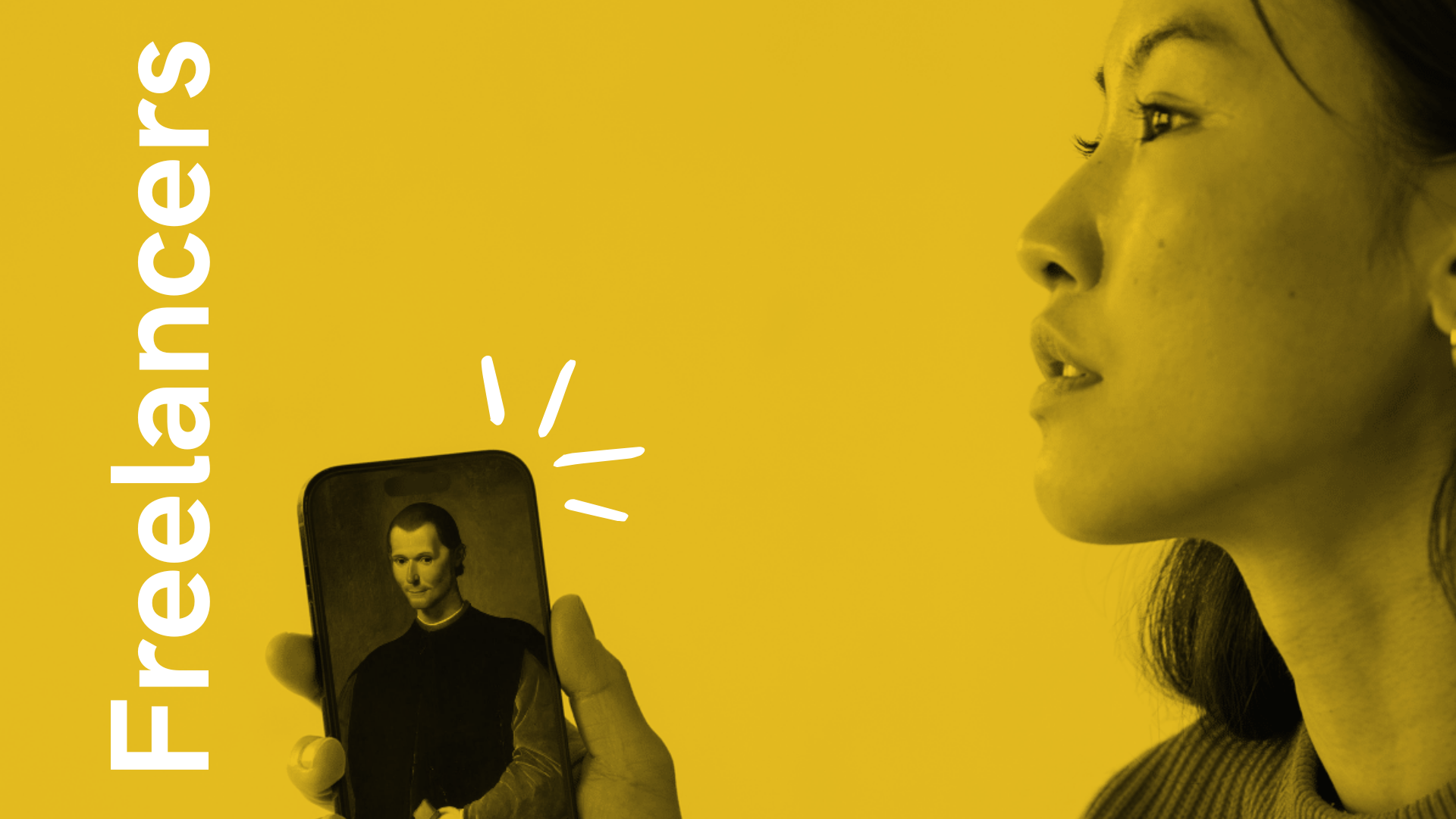

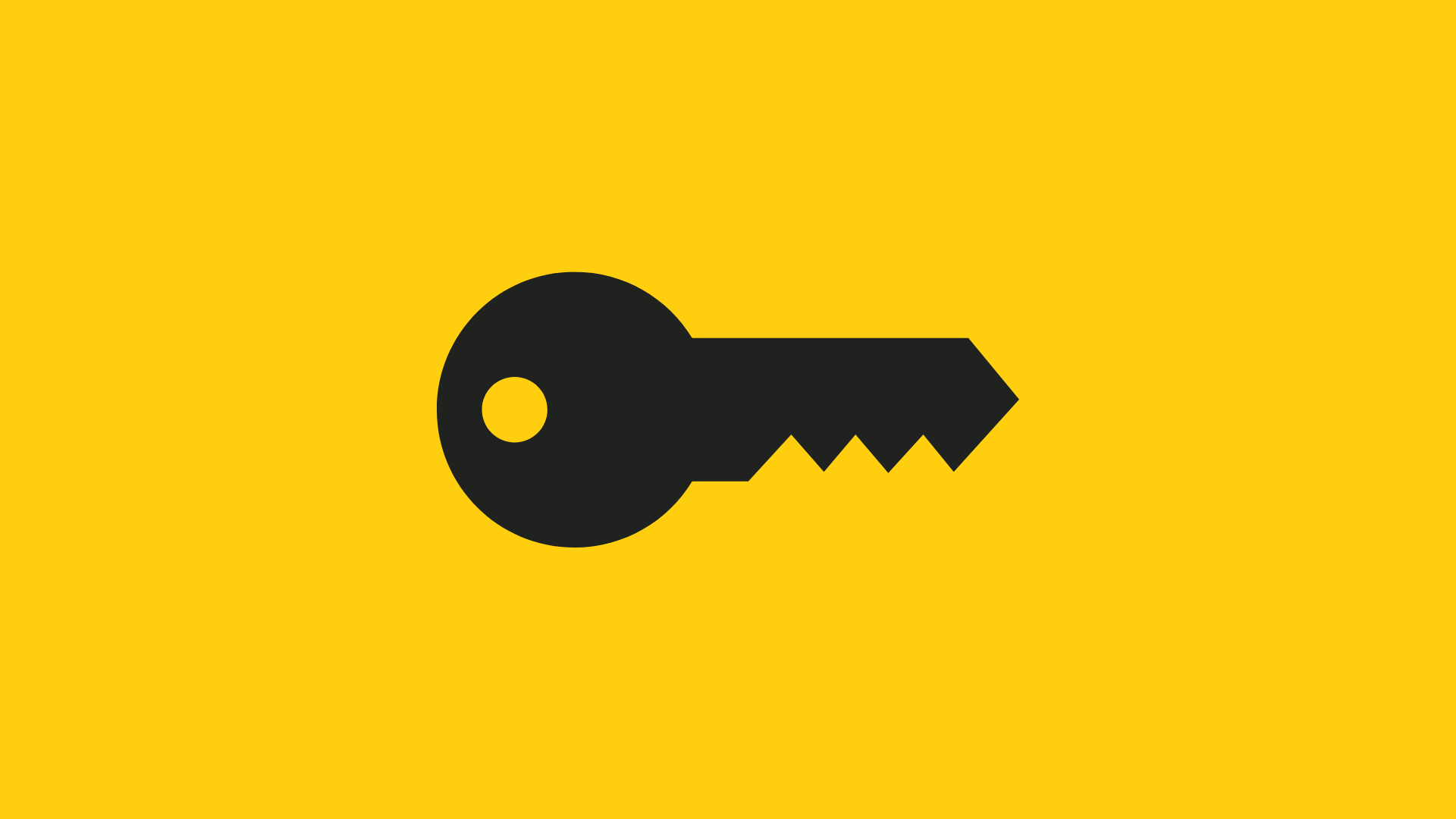




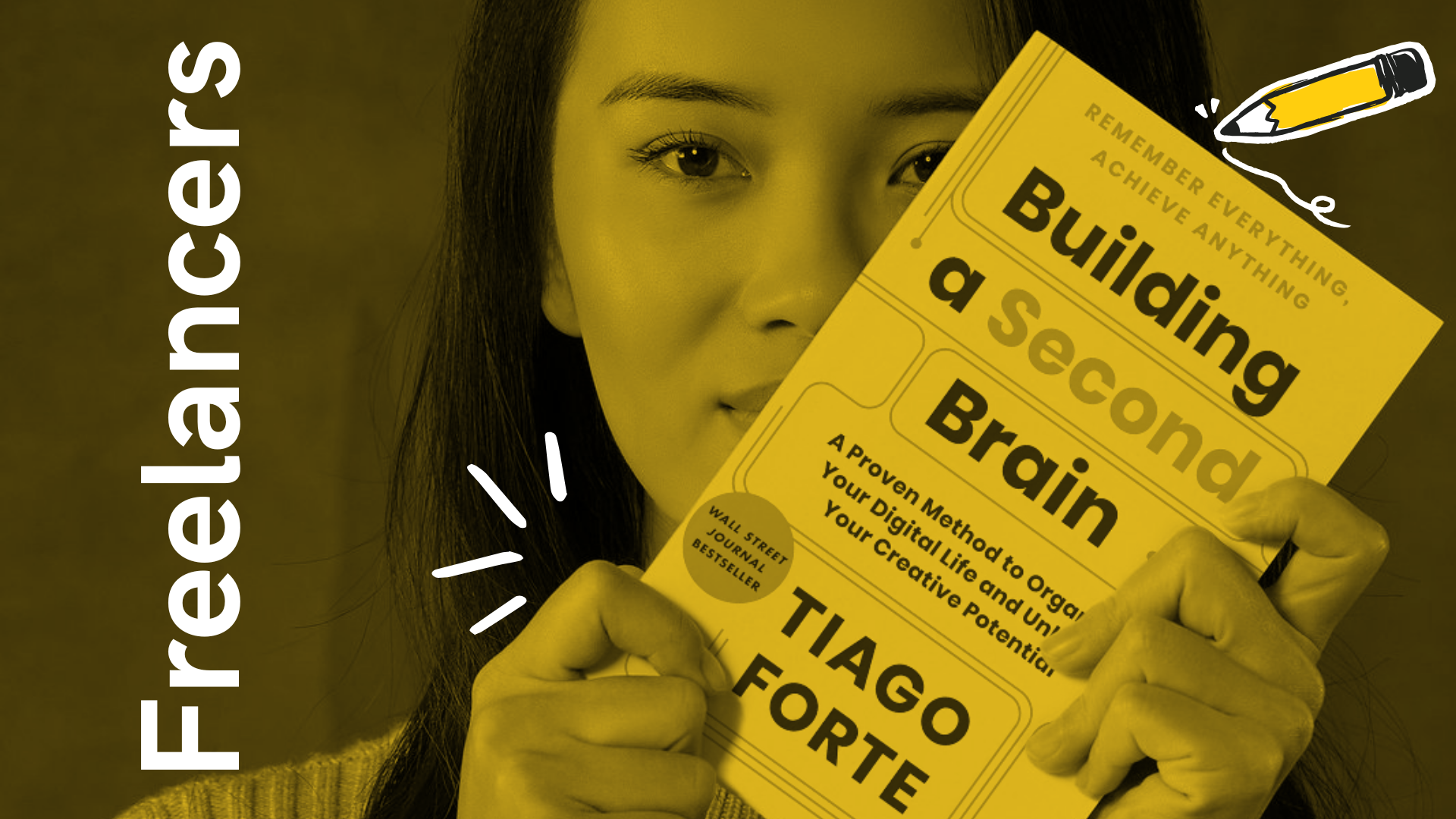


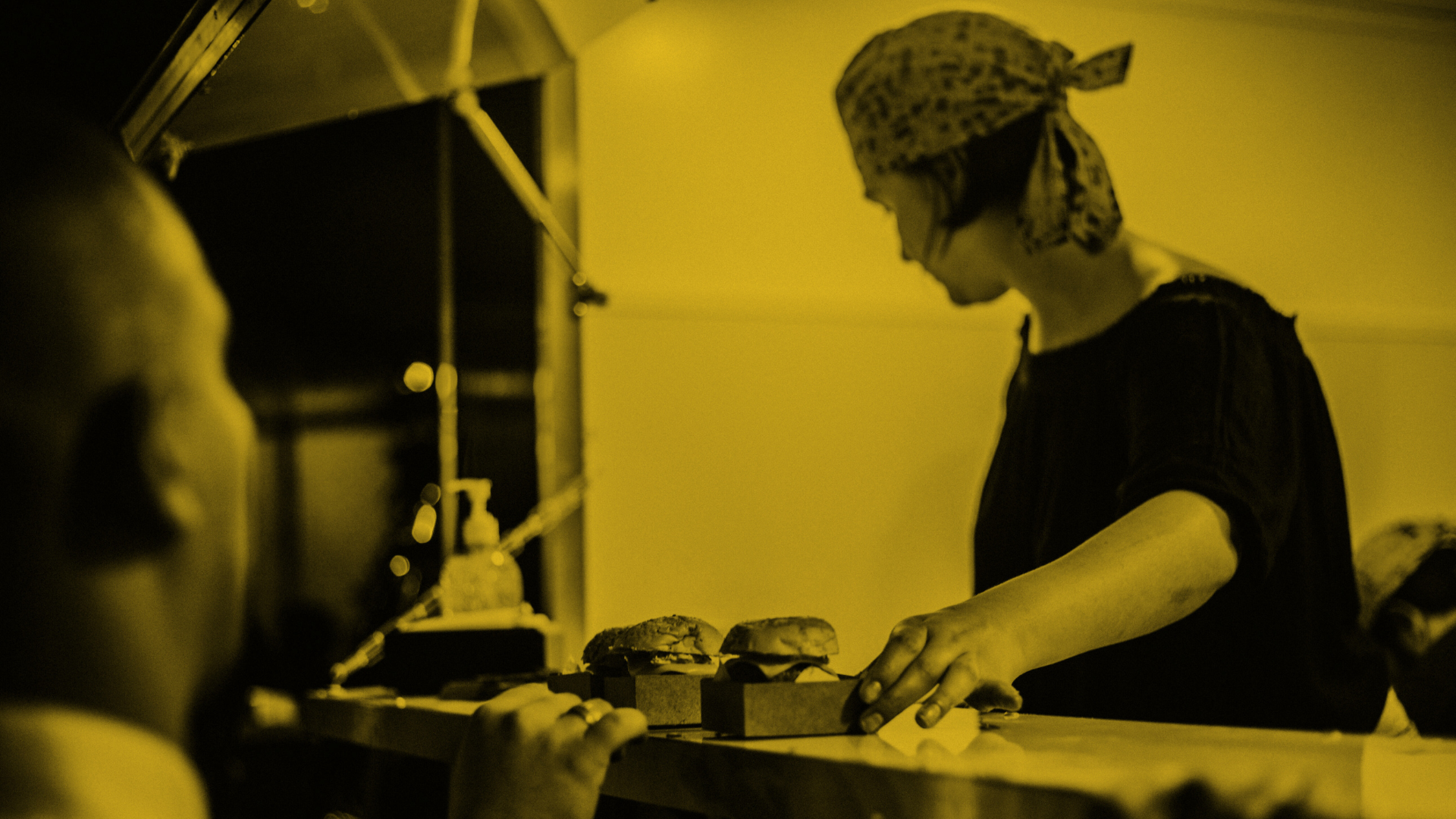


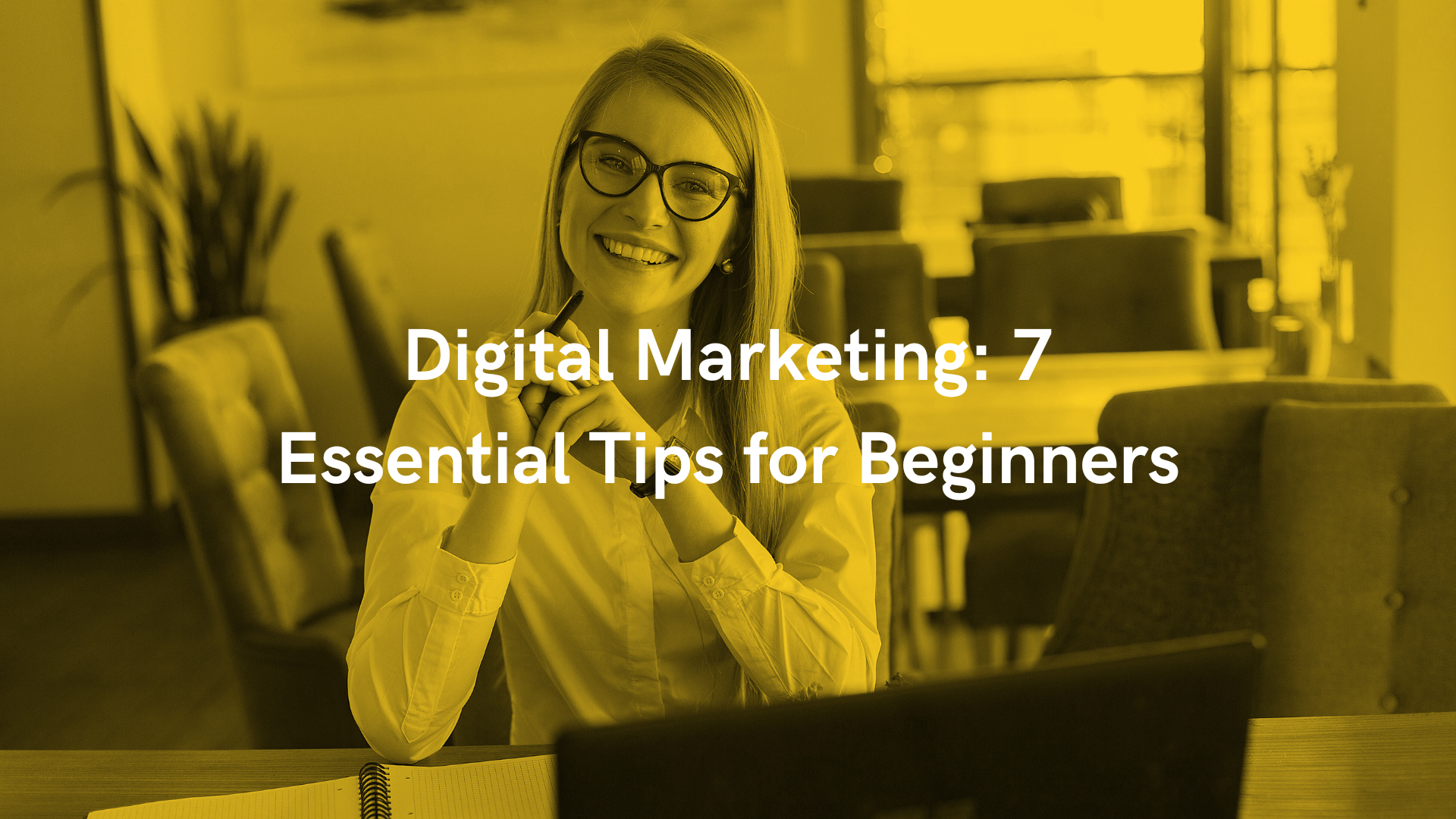










![How to make a headline? [Learn Copywriting in 3 steps]](https://matheusxaviercopy.com/wp-content/uploads/2024/11/Picsart_24-11-08_23-10-34-695-scaled.jpg)
![What is off-page SEO for website? [Understand in 1 minute]](https://matheusxaviercopy.com/wp-content/uploads/2024/11/Picsart_24-11-05_09-49-51-640-scaled.jpg)
![Content and SEO: Why do technology companies need it? [2024]](https://matheusxaviercopy.com/wp-content/uploads/2024/10/Picsart_24-10-15_17-25-02-236-scaled.jpg)

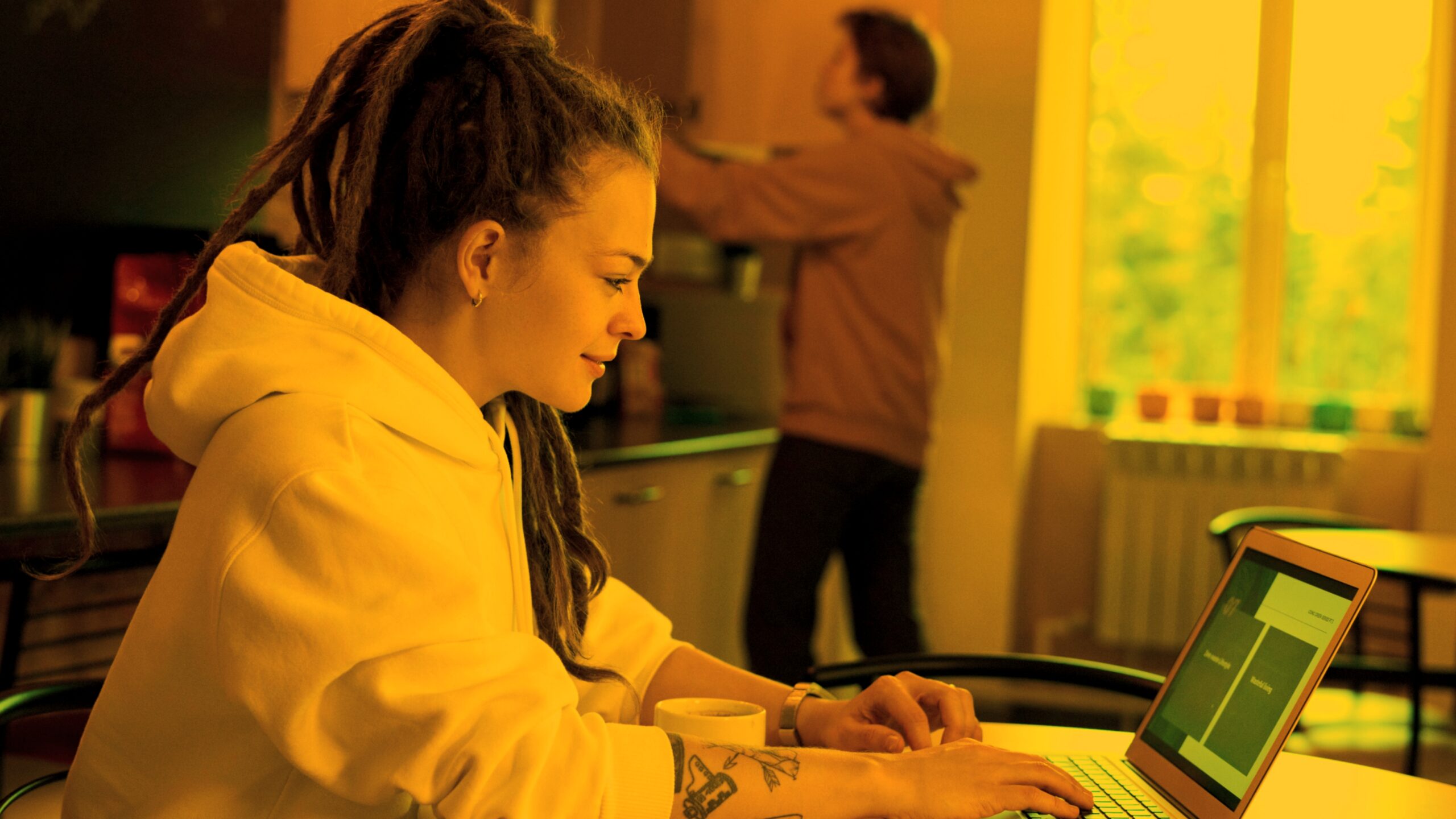
![SEO: What are the key elements? [Understand in 30 seconds]](https://matheusxaviercopy.com/wp-content/uploads/2024/10/Picsart_24-10-09_11-57-22-785-scaled.jpg)
![SEO: What is it in simple terms? [Understand in 30 seconds]](https://matheusxaviercopy.com/wp-content/uploads/2024/09/Picsart_24-09-10_11-16-03-082-scaled.jpg)


